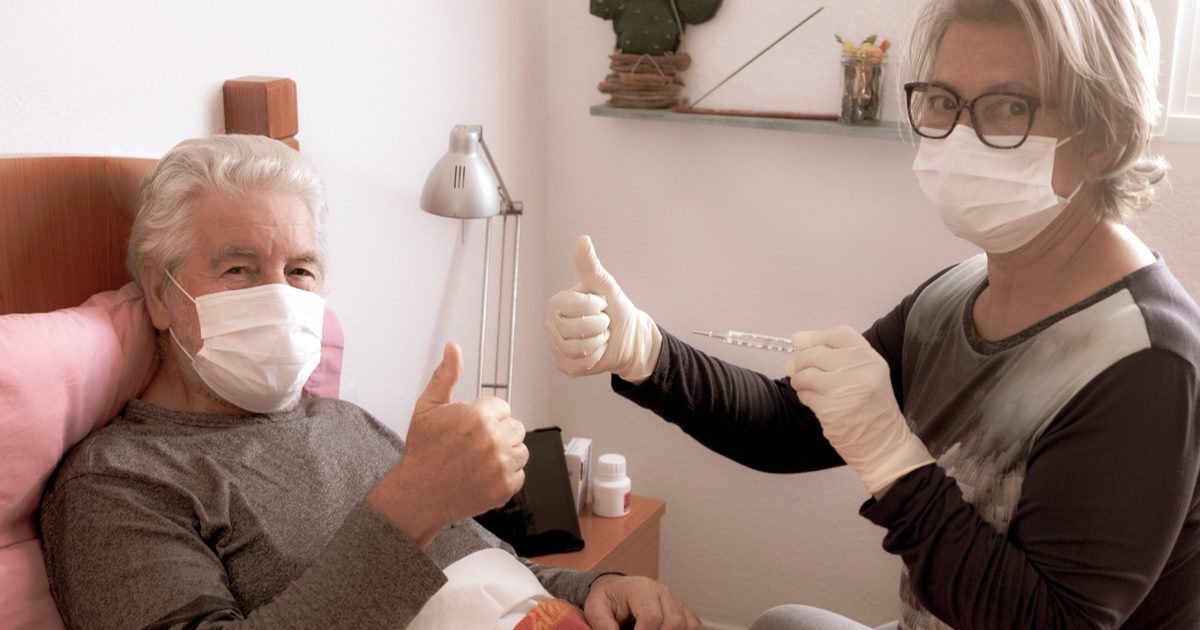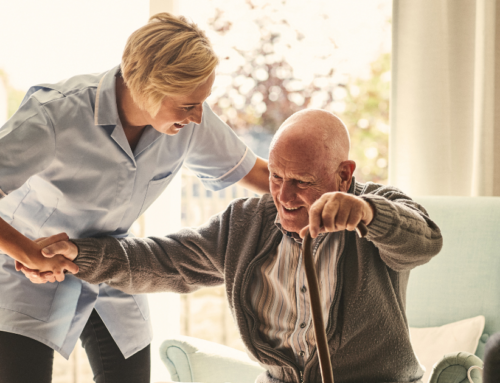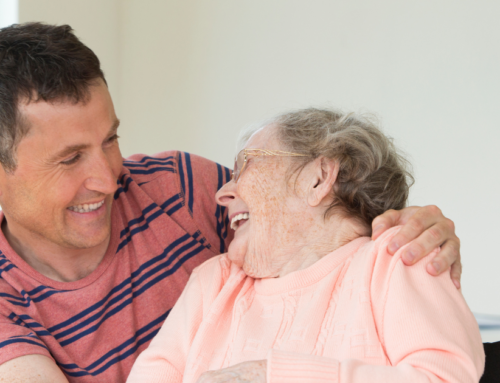Prior to Thanksgiving this year, the CDC and all the healthcare related communities have been requesting everyone to stay home, not gather, social distance etc.
However, the surge of COVID-19 infections after the thanksgiving shows that not everyone was listening to the recommendations. I want to introduce the concept of “Caution Fatigue”. Imagine you are working in the ER. The first few weeks of your job, you see each emergency with the urgency it deserves. Each crisis shocks you and you are on alert every hour of the day at work. Now imagine you have been working in the ER for a year now. Does every new case draw the same level of attention as it did in the first couple of weeks? It does not, right? When threats are new and urgent, your brain is more likely to take the appropriate steps towards keeping yourself out of harm’s way – but that urgency dies down after you’ve been doing it for a few months.
“It’s reflected when we become impatient with warnings, or we don’t believe the warnings to be real or relevant, or we de-emphasize the actual risk… And in doing that, we then bend rules or stop safety behaviors like washing hands, wearing masks and social distancing.”
The results of caution fatigue can be very damaging. Your brain is messaging you to not listen to the warnings, not listen to the safety protocols or put differently, your brain is de-prioritizing the seriousness of the situation. How does this affect us particularly in this COVID-19 pandemic? Let us look at the main safety protocols:
- Wash your hands often with soap and water
- If due to caution fatigue you stop doing it, you potentially retain the virus in your hands
- You may potentially touch your mouth, eyes or nose, transmitting the virus to your body
- Wear Mask
- If due to caution fatigue you stop doing it, you increase your risk of infection due to exposure
- Social distancing. CDC is recommending 6 feet of distancing with others
- If due to caution fatigue you stop doing it, you increase your risk of infection due to exposure
- Avoid socializing and meeting in person in groups
- If due to caution fatigue you stop doing it, you increase your risk of infection due to exposure
The important message here for everyone is that we are not done dealing with this virus. Whether we are tired of being cautious or not, the virus is still deadly and very much out there. Caregivers, families, assisted living facilities, nursing homes and all the healthcare workers need to constantly remind themselves:
- This risk is not just about you
- Your actions can affect others around you; your loved ones, your job, your clients
- Your actions can affect your community
So this holiday season, let us take it upon ourselves to stay home and stay safe. Don’t let your guard down. Let’s break the chain!







